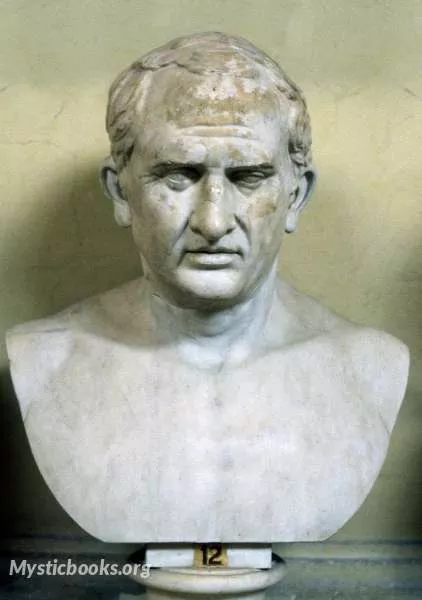
Timeline
Title
Country/Nationality
Marcus Tullius Cicero
Marcus Tullius Cicero was a Roman statesman, lawyer, scholar, philosopher and Academic Skeptic, who tried to uphold optimate principles during the political crises that led to the establishment of the Roman Empire. His extensive writings include treatises on rhetoric, philosophy and politics, and he is considered one of Rome's greatest orators and prose stylists. He came from a wealthy municipal family of the Roman equestrian order, and served as consul in 63 BC.
His influence on the Latin language was immense. He wrote more than three-quarters of surviving Latin literature from the period of his adult life, and it has been said that subsequent prose was either a reaction against or a return to his style, not only in Latin but in European languages up to the 19th century. Cicero introduced into Latin the arguments of the chief schools of Hellenistic philosophy and created a Latin philosophical vocabulary with neologisms such as evidentia, humanitas, qualitas, quantitas, and essentia, distinguishing himself as a translator and philosopher.
Though he was an accomplished orator and successful lawyer, Cicero believed his political career was his most important achievement. It was during his consulship that the second Catilinarian conspiracy attempted to overthrow the government through an attack on the city by outside forces, and Cicero suppressed the revolt by summarily and controversially executing five conspirators. During the chaotic middle period of the 1st century BC, marked by civil wars and the dictatorship of Julius Caesar, Cicero championed a return to the traditional republican government. Following Caesar's death, Cicero became an enemy of Mark Antony in the ensuing power struggle, attacking him in a series of speeches. He was proscribed as an enemy of the state by the Second Triumvirate and consequently executed by soldiers operating on their behalf in 43 BC after having been intercepted during an attempted flight from the Italian peninsula. His severed hands and head were then, as a final revenge of Mark Antony, displayed on the Rostra.
Petrarch's rediscovery of Cicero's letters is often credited for initiating the 14th-century Renaissance in public affairs, humanism, and classical Roman culture. According to Polish historian Tadeusz Zieliński, "the Renaissance was above all things a revival of Cicero, and only after him and through him of the rest of Classical antiquity." The peak of Cicero's authority and prestige came during the 18th-century Enlightenment, and his impact on leading Enlightenment thinkers and political theorists such as John Locke, David Hume, Montesquieu and Edmund Burke was substantial. His works rank among the most influential in European culture, and today still constitute one of the most important bodies of primary material for the writing and revision of Roman history, especially the last days of the Roman Republic.
Books by Marcus Tullius Cicero

On the Nature of the Gods
De Natura Deorum (On the Nature of the Gods) is a philosophical dialogue by Roman Academic Skeptic philosopher Cicero written in 45 BC. It is laid out in three books that discuss the theological views of the Hellenistic philosophies of Epicureanism,...
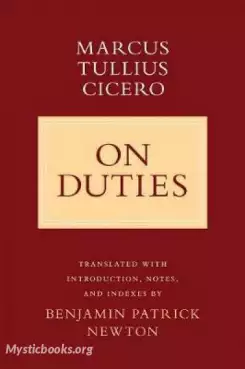
On Duties
De Officiis (On Duties or On Obligations) is a 44 BC treatise by Marcus Tullius Cicero divided into three books, in which Cicero expounds his conception of the best way to live, behave, and observe moral obligations. The work discusses what is honora...
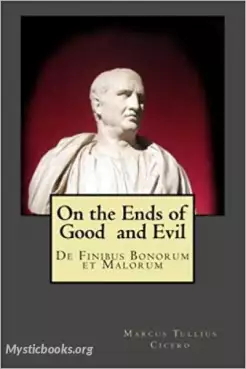
On the Ends of Good and Evil
De finibus bonorum et malorum ("On the ends of good and evil") is a Socratic dialogue by the Roman orator, politician, and Academic Skeptic philosopher Marcus Tullius Cicero. It consists of three dialogues, over five books, in which Cicero discusses...
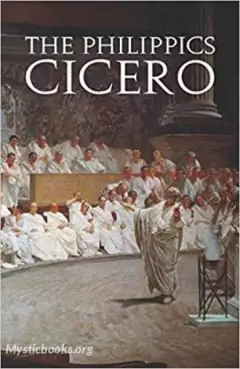
The Philippics
The Philippics are a series of 14 speeches composed by Cicero in 44 and 43 BC, condemning Mark Antony. Cicero likened these speeches to those of Demosthenes against Philip II of Macedon;[1] both Demosthenes’s and Cicero's speeches became known as Phi...
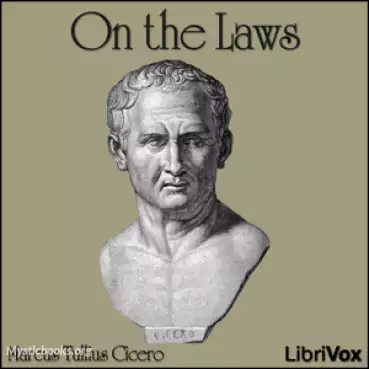
On the Law
The De Legibus (On the Laws) is a dialogue written by Marcus Tullius Cicero during the last years of the Roman Republic. It bears the same name as Plato's famous dialogue, The Laws. Unlike his previous work De re publica, in which Cicero felt compell...
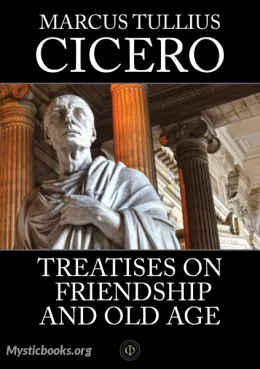
Treatises On Friendship And Old Age
Delve into the depths of human connection and the art of aging gracefully with one of the most influential thinkers in Roman history. In Treatises On Friendship And Old Age, Marcus Tullius Cicero, a Roman statesman, orator, and philosopher, explores...
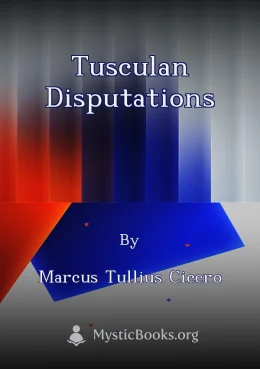
Tusculan Disputations
Tusculan Disputations is a philosophical work by Roman orator and statesman Cicero. The book is divided into five parts, each of which deals with a different topic related to human happiness. In the first book, Cicero discusses the nature of death an...
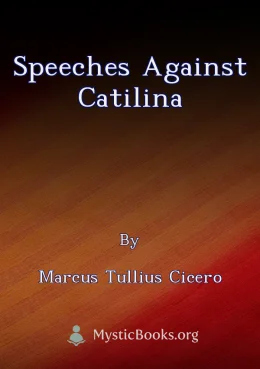
Speeches Against Catilina
This book contains the four speeches delivered by Marcus Tullius Cicero, the Roman statesman and orator, against the conspiracy led by Lucius Sergius Catilina in 63 BC. Cicero, serving as consul at the time, skillfully exposed Catiline's plot to over...
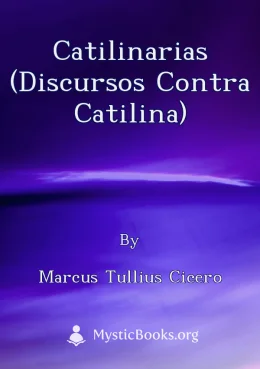
Catilinarias (Discursos contra Catilina)
The Catilinarian Orations are a series of four speeches delivered by Marcus Tullius Cicero in 63 BC, during his consulship. The speeches were directed against Lucius Sergius Catilina, a Roman politician who was accused of plotting to overthrow the Re...